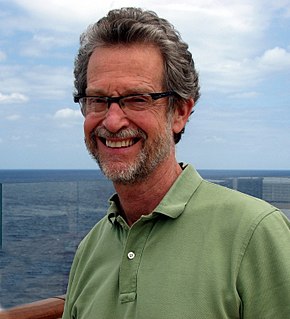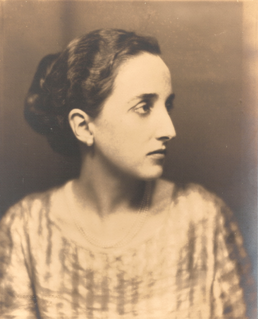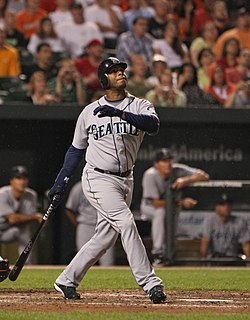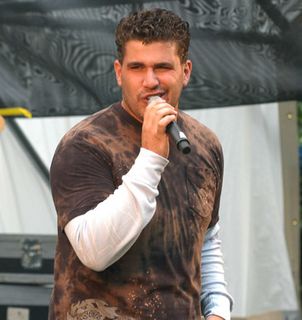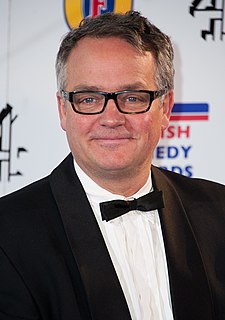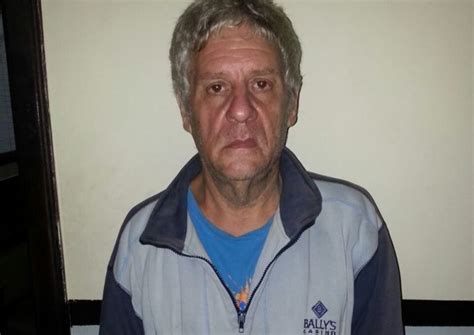A Quote by Ridley Pearson
The boys had asked why, if it acted slowly, was it called quicksand. The Mollusks had replied that, as far as they were concerned, most English names for things were silly. The word that they used for quicksand was a deep grunt that translated roughly to "uh-oh.
Related Quotes
In fact, many of the quotes in my books are quotes which were translated from English and that I read already translated into Spanish. I'm not really concerned with what the original version in English was, because the important thing for me is that I received them already translated, and they've influenced my original worldview as translations, not as original quotations.
The Andrians were the first of the islanders to refuse Themistocles' demand for money. He had put it to them that they would be unable to avoid paying, because the Athenians had the support of two powerful deities, one called Persuasion and the other Compulsion.The Andrians had replied that Athens was lucky to have two such useful gods, who were obviously responsible for her wealth and greatness; unfortunately, they themselves, in their small & inadequate land, had two utterly useless deities, who refused to leave the island and insisted on staying; and their names were Poverty and Inability.
There are too many coy books full of talking animals, whimsical children, and condescending adults. (Some of the most famous animals in the world have talked, but they talked real talk and they weren't called silly names like Doody and Mooloo. They were called names like The Cheshire Cat and they asked sensible questions like "Did you say pig, or fig?")
In the final exam in the Chaucer course we were asked why he used certain verbal devices, certain adjectives, why he had certain characters behave in certain ways. And I wrote, 'I don't think Chaucer had any idea why he did any of these things. That isn't the way people write.' I believe this as strongly now as I did then. Most of what is best in writing isn't done deliberately.
There was a reason these boys were still alive, though. Something made them stronger than the other kids, the ones who had died in the early days, who had simply lain down and given up, unable to cope with the terrible things that were happening in the world. These boys were survivors. The will to live was stronger than any other feelings.
